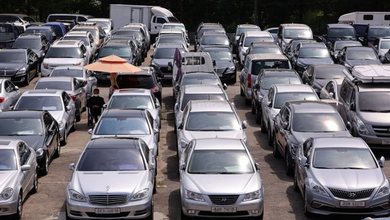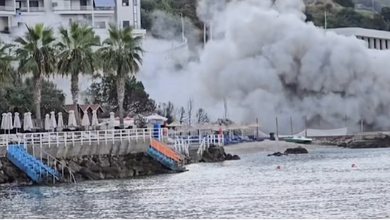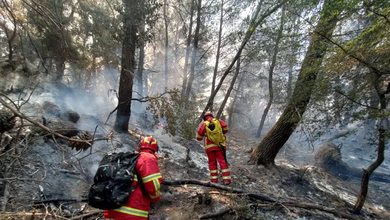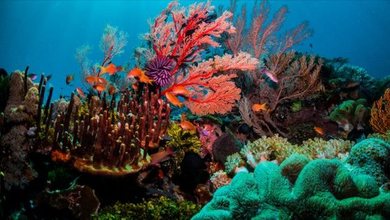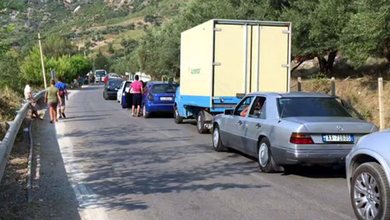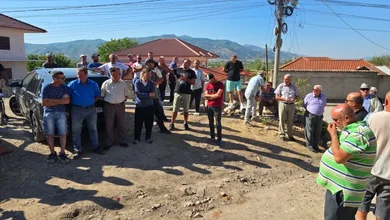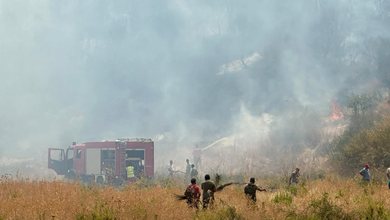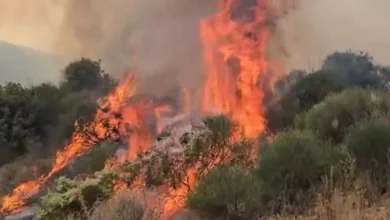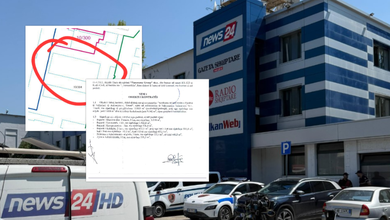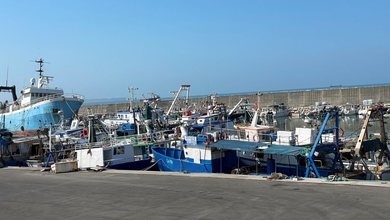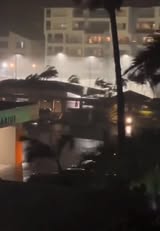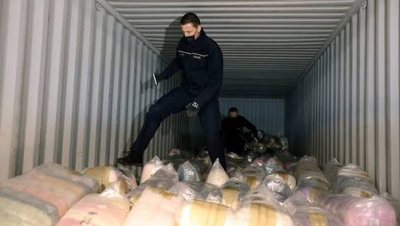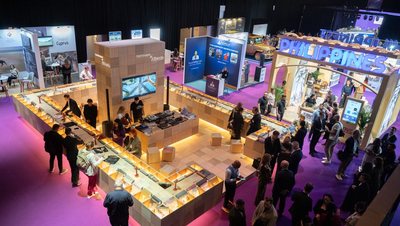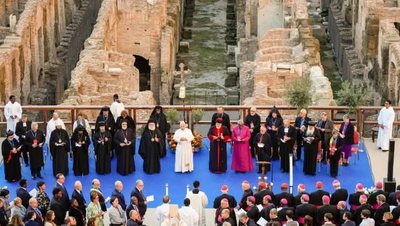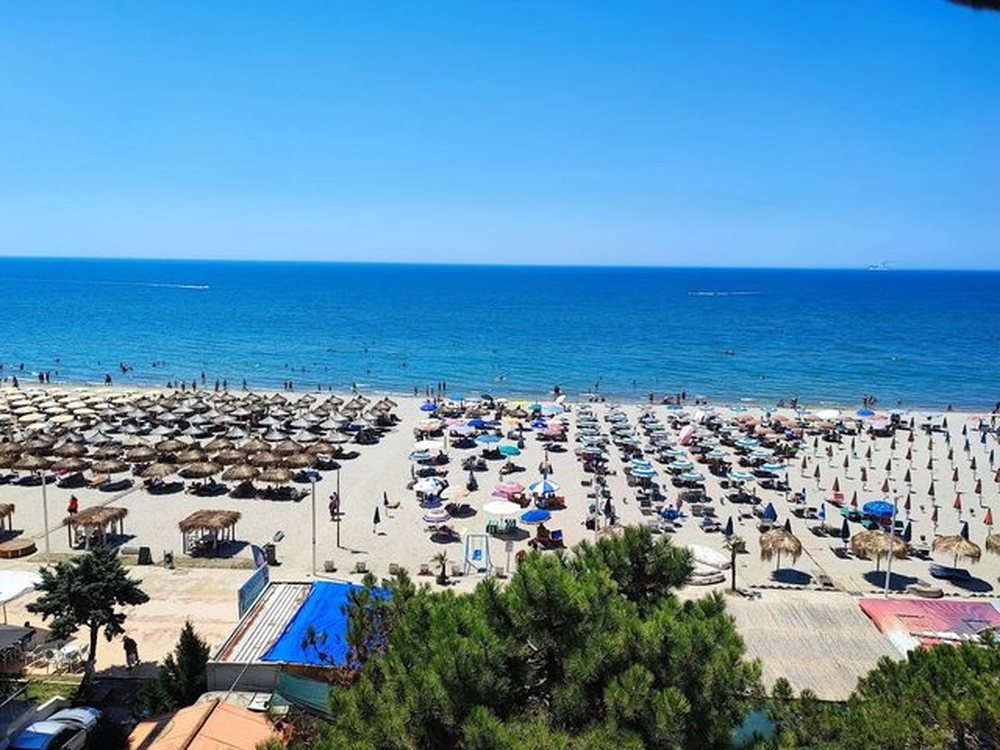
Despite a drop of up to 5% in individual reservations in July and August, the tourist season in Durrës is developing at a good pace.
Tour operators remain optimistic, as contracts with foreign tour operators and the extension of the season until November are expected to balance the final balance, making the season positive overall.
Blerim Norja, president of the Durrës-Kavajë Accommodation Structures Association, says that the greatest shortage is felt by the diaspora tourist segment, who usually book at the last minute.
"Overall, the season is good, but expectations were higher. There was a vacuum in July of 'last minute' customers, or otherwise called diaspora customers, who are present every season in Albania," he said.
According to him, accommodation structures that have left rooms vacant outside contracts with international agencies, hoping for individual reservations at higher prices, have not achieved their objectives. “This year, the number of these clients has decreased and this has backfired for these structures,” Norja emphasizes.
Fatos Çerenishti, administrator of “FAFA Group”, shares the same assessment on the stability of the market, but underlines that the base of international tour operators remains secure. “Albania has taken the trend of stable growth. Compared to previous years, we have a small decline, but as far as European tour operators are concerned, there is no movement and they are secure for us,” he says.
The drop in demand comes mainly from domestic tourists, emigrants and Kosovo Albanians, who traditionally make up a large portion of visitors at the peak of the season.
"90% of the missing tourists are Albanian-speaking tourists. This is also related to the bad publicity that is being given not only to Durrës, but also to all of Albania, such as rising prices and lack of services," says Norja.
"The 5% that has fallen are visitors from Albanian regions who either have not visited Durrës this year, or have chosen to travel outside Albania altogether," says Çerenishti.
For hotels that have closed early contracts with foreign agencies, the impact has been minimal. But for others, the extension of the season has become a balancing factor.
"This year we started a little earlier, at the beginning of April, and we will end it in November. So, the season has been added by two months. This will affect the total balance, which despite the decline in July, is expected to be positive," adds Norja.
While the total number of tourists is increasing, their quality has been declining. According to Rrahman Kasa, head of the Albanian Tourist Union, the decline in the number of high-spending tourists is a serious concern for the industry.
"The category of quality tourists is declining. We are in constant contact with hotels and they report a lack of this category on the coast. If we lose this segment, we risk diminishing Albania's tourist image," warns Kasa.
One of the main factors influencing this perception is the lack of drinking water in the tourist area of Durrës. The problem has been highlighted this year as never before.
"The lack of water in Golem and the city has been a challenge. Lake Maskuria did not function properly, and measures were taken late. Water was provided through boreholes, wells, or artisanal methods, but the quality was poor and the costs were unplanned," says Çerenishti.
"In many areas, water only comes for two hours in the morning. Hotels have been forced to dig wells, empty swimming pools and buy water bottles. This situation has gone viral on social networks and is damaging the country's image," adds the head of the tourist union.
Coping with the strengthening of the lek and rising wages is putting great pressure on tourism businesses. Although on paper prices are the same, in reality, costs have increased significantly.
"Operators in Durrës have been very fair with prices. The increase has been minimal, but the exchange rate losses are large. This is why hotels here are more crowded than in the south, the structures have been more cautious," says the administrator of FAFA Group.
"In 10 years, restaurants have not changed prices, while hotels have changed very little. We have many costs from the fall of the euro and the increase in wages, which has had a significant impact, but we have not increased prices," says Norja.
Finding and retaining staff remains a challenge for the sector. The lack of long-term contracts and seasonality mean that employees do not see tourism as a sustainable profession.
"This problem is more pronounced in seasonal hotels. Employees do not want to work for only 3-4 months and prefer other jobs. If the season is extended and the structures remain open all year round, the salary will be stable and more competitive. Even now it is one of the highest paid jobs in Durrës," says Norja.
On the other hand, Çerenishti adds that "The workforce is vital for the hotel industry. We are still dealing with unqualified staff, students, inexperienced apprentices. We train them during the season and they leave. Every year we start from scratch.
According to him, the solution could come from the 2030 tourism strategy, which provides financial support for structures: 6 months of salary from the business and 6 months of insurance and minimum payment from the state.
Despite infrastructure problems, the decline in domestic tourists, and the economic challenges that have affected the industry this season, Durrës continues to remain one of the most popular destinations on the Albanian coast. Accessibility, warm sea, and still affordable prices compared to other countries in the region, make this city a safe choice for summer vacations for many vacationers, both domestic and foreign.
Despite the problems, Durrës remains a popular destination for foreign and domestic tourists. Marjana, an Albanian living in Italy, says that “prices are a little higher, but a lunch at a restaurant with family and tents costs around 120 euros – normal for a vacation.”
Anika, a tourist from Poland, says: "It's my first time in Albania and everything is perfect. The weather, the water, the food, the people. I've eaten the best squid ever. Next year, most likely, we'll come back as a family."
Ana, from Italy, comes often because her mother is Albanian. "What I like most is the nightlife. The sea is very beautiful, but the atmosphere in the evening impressed me more."/ MONITOR


